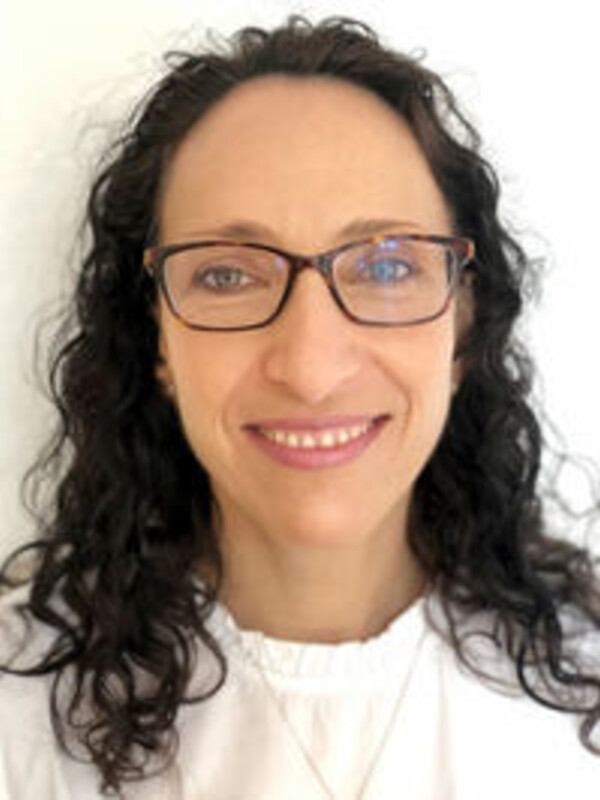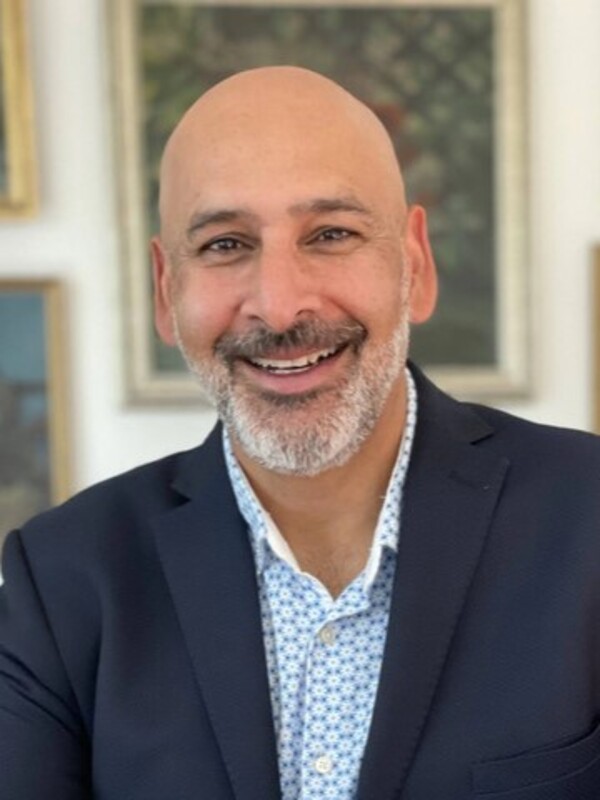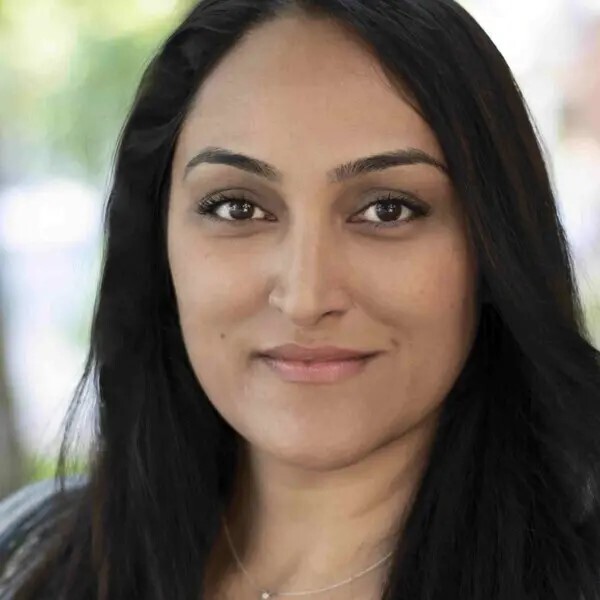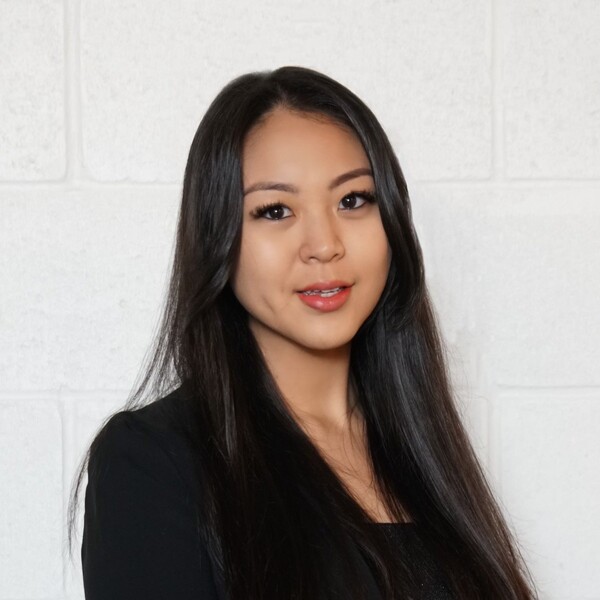Breadcrumbs
- Home
- Program Events
- 2024 CPIN Research Day
- Keynote Speakers
Keynote Speakers

Lucia Melloni, PhD. W2 Group Leader (Tenure), Max Planck Institute for Empirical Aesthetics, Department of Neuroscience.
Dr. Lucia Melloni is a W2 Group Leader (Tenure) at the Department of Neuroscience, Max Planck Institute for Empirical Aesthetics, Germany. Her studies investigate how the brain learns to segment continuous speech into relevant units, and where this takes place, by using statistical learning paradigms and intracranial recordings.

Jaideep Bains, Professor, Department of Physiology; Director, Krembil Research Institute, University Health Network.
Dr. Jaideep Bains' research uses multiple experimental approaches to reveal key features about neural circuits that regulate internal state and are also purposed to control behavior and store information in response to challenges. Specifically, his lab uses in vitro slice electrophysiology, in vivo imaging, optogenetics, behavioral analysis tools and physiological assays to characterize neural circuits that decode stress, modify internal states and generate specific coping behaviors. One of his goals is to better understand the mechanisms that allow these circuits, or specific cell populations, to store information related to the modality, intensity and temporal features of stress. In addition to his extensive experience in synaptic physiology and electrophysiology he has used circuit mapping approaches to link activity in specific cell populations to different behaviors. His work has linked brief stress exposure and enduring synaptic changes in the hypothalamus (reviewed in Bains et al, Nat Rev Nsci, 2015). His lab has provided clear evidence supporting a role for astrocytes in controlling the strength of excitatory synapses in the hypothalamus (Gordon et al, Nat Nsci, 2005, Neuron, 2009). More recently, his lab has shown new roles for hypothalamic CRH neurons as bottom-up controllers for complex behaviors associated with stress coping (Fuzesi et al, Nat Comm, 2016), the transmission and detection of affective states between mice (Sterley et al, Nat Nsci, 2018) and linking stress controllability and active behaviour strategies (Daviu et al, Nat Nsci, 2020).
Workshop Panelists
Navigating the storm: unmasking collective trauma and embracing resilience in the wake of COVID-19
This workshop will explore the impacts of COVID-19 on the mental health of students and youth. Engage with expert insight and firsthand perspectives from speakers with lived experience as they discuss unrecognized pandemic trauma, the learning challenges faced by students, and strategies for coping and maintaining hopeful resiliency in a post-pandemic world.

Dr. Sakina Rizvi, PhD
Associate Professor, Department of Psychiatry and Institute of Medical Science; Scientist, Li Ka Shing Knowledge Institute and the Arthur Sommer Rotenberg Suicide and Depression Studies Unit, St. Michael's Hospital.
Dr. Sakina Rizvi is a Scientist and Psychotherapist in the Arthur Sommer Rotenberg (ASR) Suicide and Depression Studies Program at St. Michael’s Hospital, and an Associate Professor of Psychiatry at the University of Toronto. Her research program aims to characterize the neurobiology of suicide risk and treatment resistant depression (TRD), primarily through the use of fMRI and PET neuroimaging. In addition to neuroimaging research, Dr. Rizvi develops and tests novel psychotherapies for suicide risk, depression, as well as trauma resilience among healthcare workers. Her current work in this area is focused on designing therapies for hospital and community agency settings. She also conducts patient-engagement research to create community-based suicide prevention strategies. Dr. Rizvi is actively involved in outreach and advocacy projects with an emphasis on providing mental health education to the community through the creative arts. She led the Storybook Project, a lived experience short story collection on the impact of suicide published in September 2021 as “What it Takes to Make it Through: Stories of Suicide Loss and Resilience”.

Molly Hyde
PhD Candidate, Institute of Medical Science and ASR Suicide and Depression Studies Unit, St. Michael's Hospital.
Molly completed her HBSc and MSc at the University of Ottawa with a research focus in EEG methodology and brain stimulation treatment in depression. She is currently a PhD student with the Institute of Medical Science at the University of Toronto and her project uses neuroimaging to uncover biomarkers associated with anhedonia and suicide risk.

Lisa Eunyoung Lee
PhD candidate, Institute of Medical Science, University of Toronto
Lisa Eunyoung Lee earned a B.Sc. and M.Sc. from the University of British Columbia and is currently a Ph.D. candidate in the Institute of Medical Science at the University of Toronto. Lisa works in the Department of Medicine (Neurology) at the BARLO Multiple Sclerosis Center and Keenan Research Center at St. Michael's Hospital. Lisa uses advanced magnetic resonance imaging techniques to study tissue microstructural changes underlying disease progression in the brain and spinal cord of people with multiple sclerosis.
